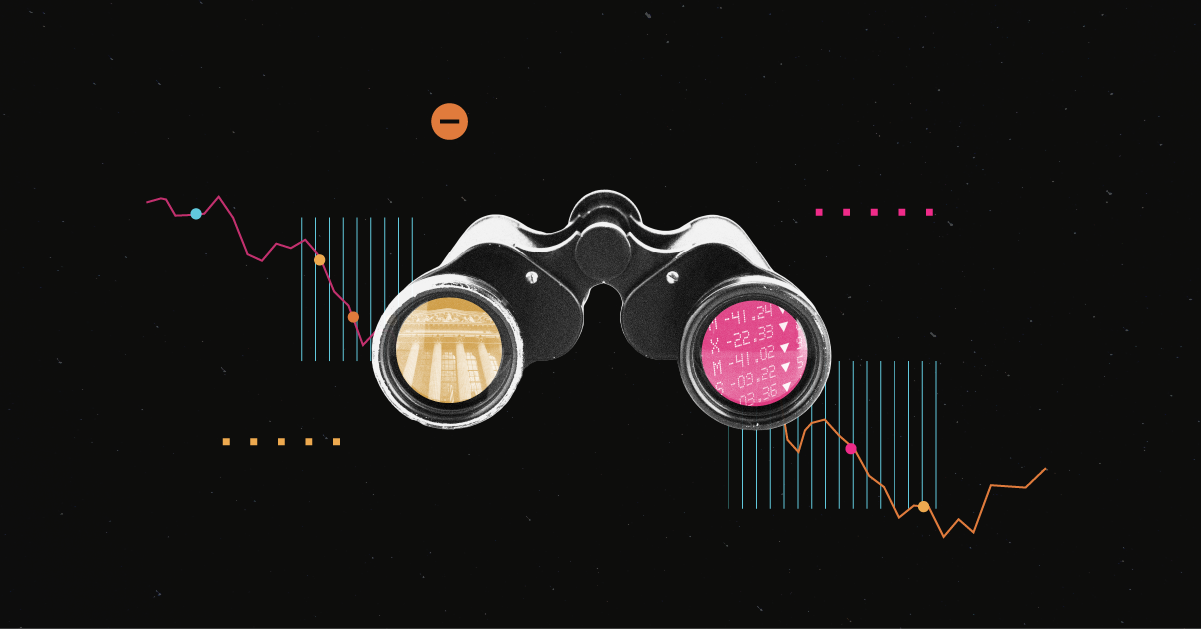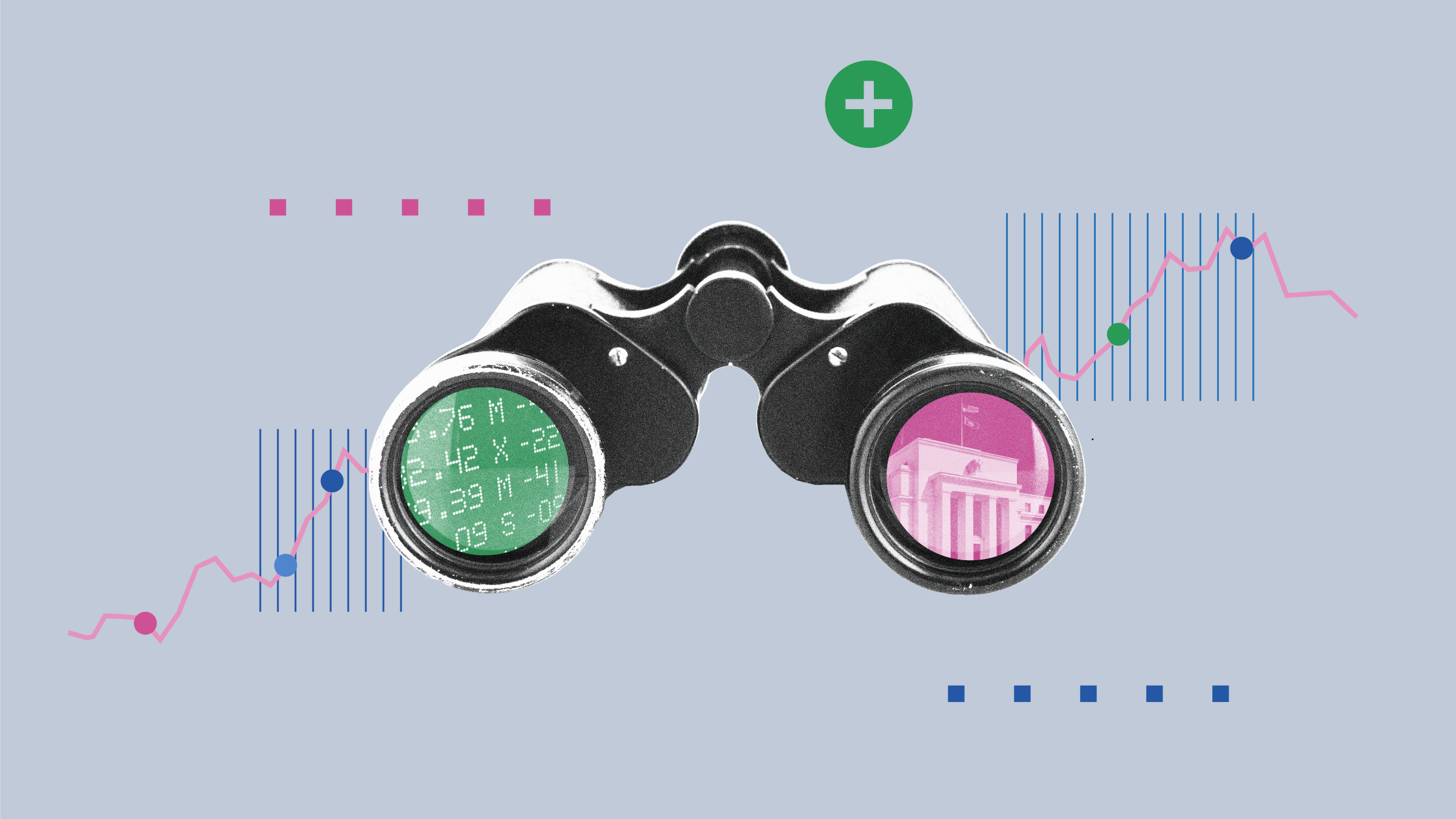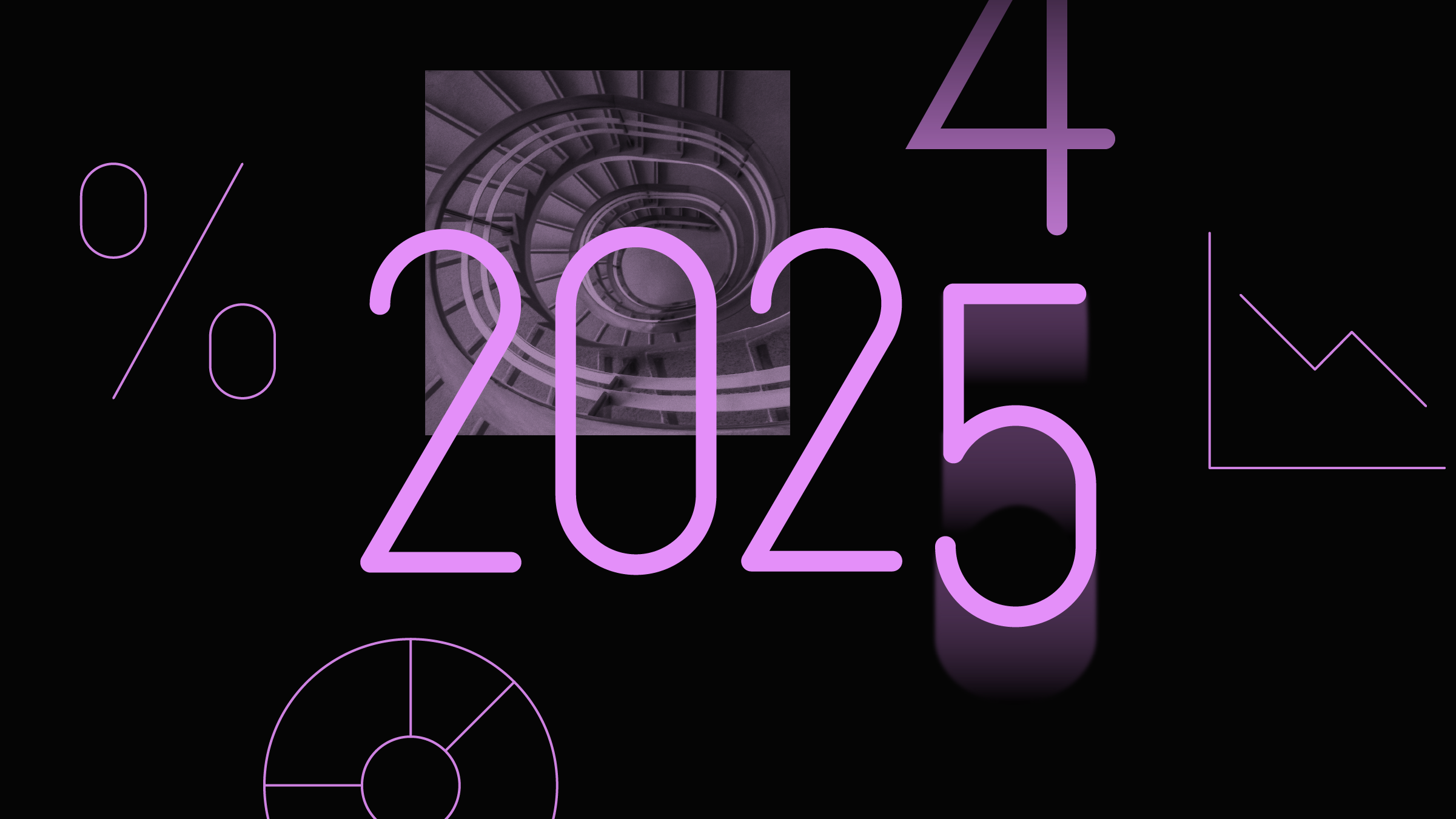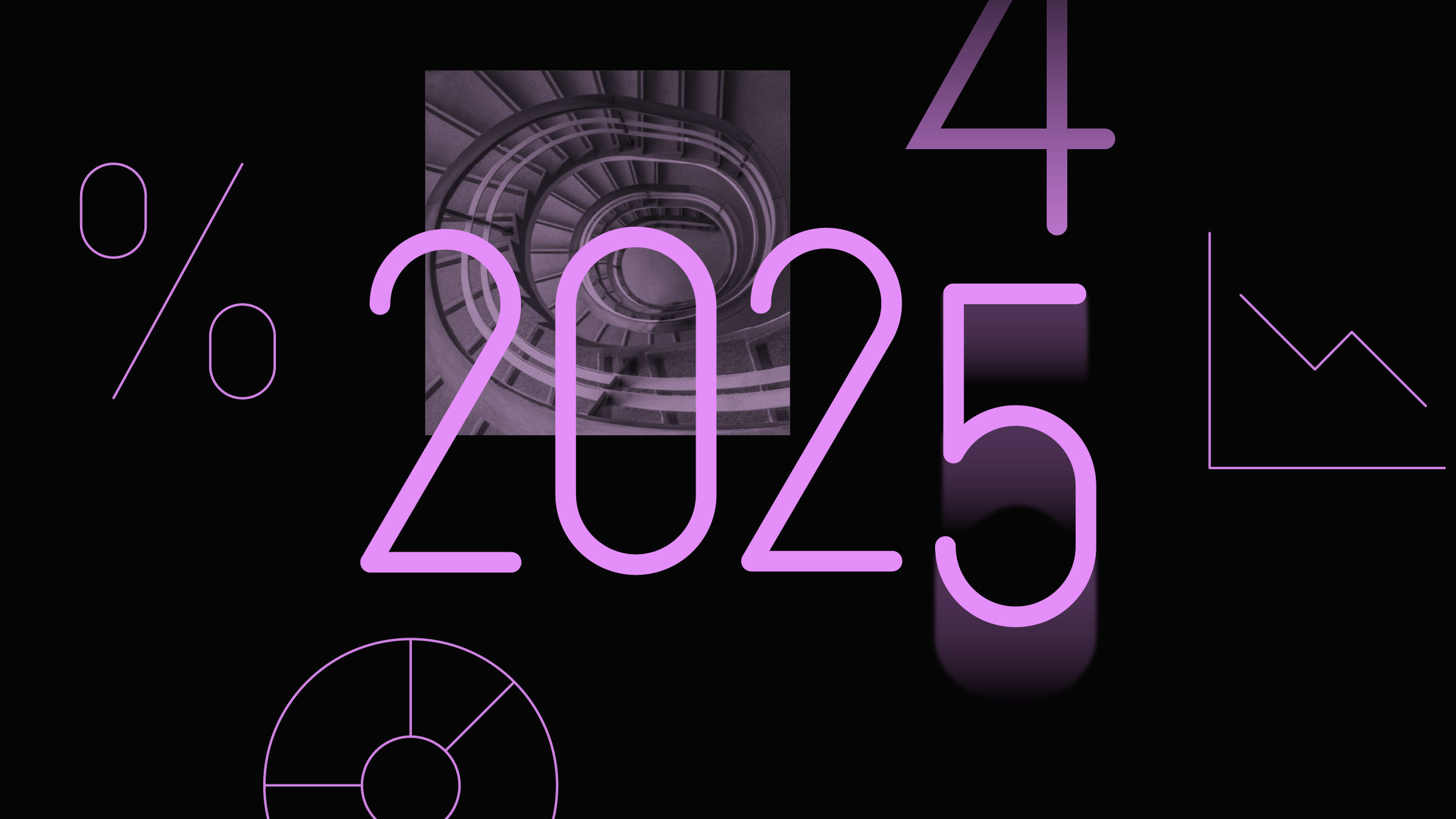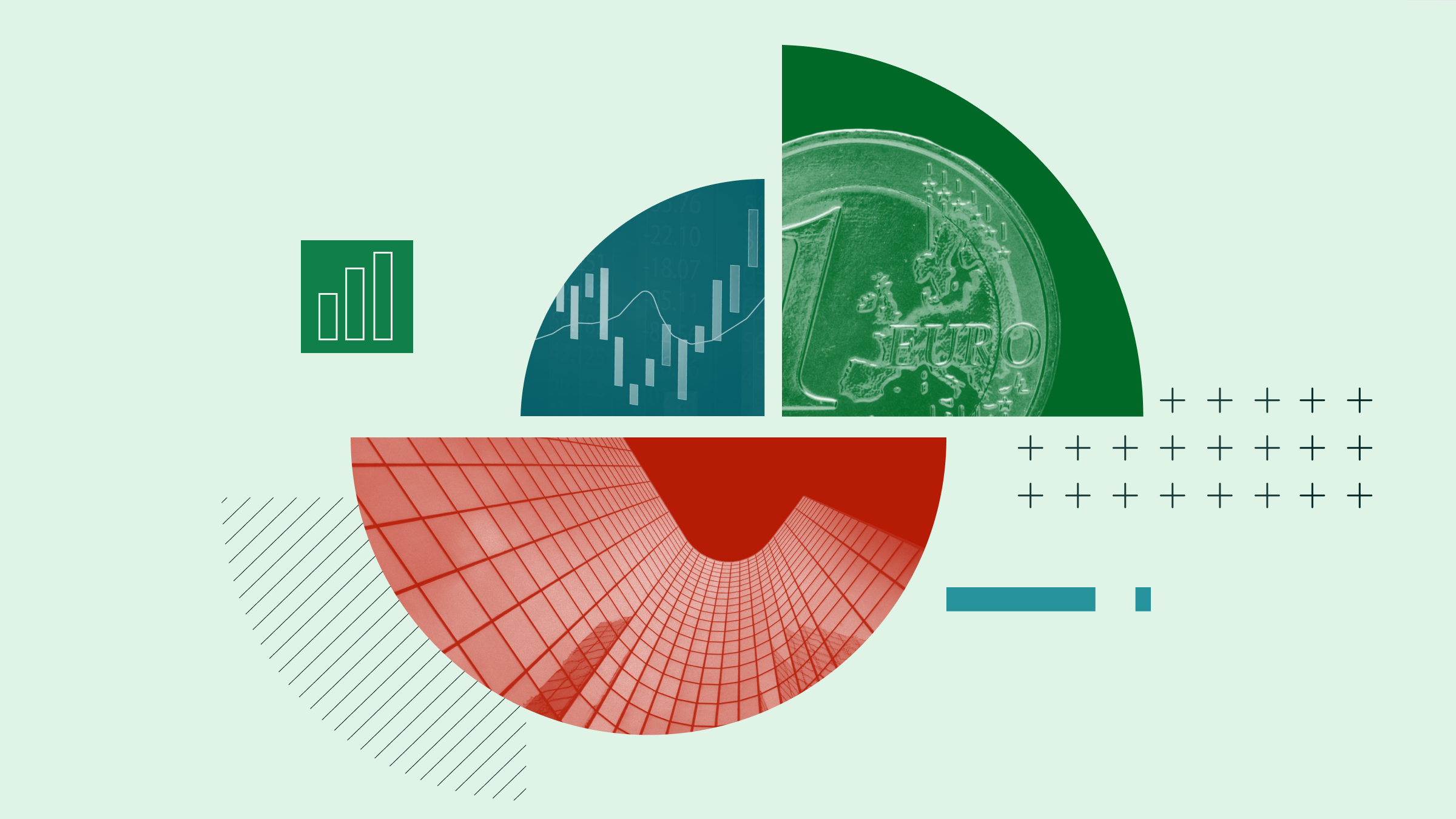Fernando Luque: Hello, I'm Fernando Luque, Editor for Morningstar in Spain. And today I have the pleasure to have with me Helge Pedersen. Helge Pedersen is the Chief Economist at Nordea. Mr. Pedersen, thank you for being here.
Helge Pedersen: Thank you for inviting me.
Luque: As a Chief Economist, I will ask you first about the situation in United States. I know that is the one million dollar question but when do you think the Fed will raise its interest rate? And more importantly, do you think that this movement will have a huge impact on the markets?
Pedersen: Yeah. Well, as you might know that we are relatively optimistic on the U.S. economy. We foresee an economic growth of close to 3% this year. We have seen a significant improvement in the labor market, which is one of the fixed mandates. Right now inflation is too low, they also have a kind of 2% target for the inflation rate, it's hovering around 0.7%. But I do expect the Fed to be able to look through that too low inflation because of the good development in the real economy.
So my expectation would be that Fed starts hiking rates this year and probably already in September. I mean, at their latest meeting the polished the word patience so it could happen even earlier. But with the recent relatively poor disappointing figures, I would expect the first rate hike only to be in September.
And of course, there could be a market impact from that. That could be in equities, it could be in emerging markets but it could also be in yields which could start to increase somewhat in the U.S. and then we might see that the U.S. and euro area will have another decoupling effects.
Luque: Okay. Second important point, Europe; and especially the Eurozone, I mean, from your point in view, you are a Chief Economist based in Denmark. How do you view the situation in the peripheral countries, and especially in Greece? What do you think about the Greek problem?
Pedersen: I think that Greece is having an indeed major problem. It is primarily a political problem, right now. I will still expect Greece to remain within the Eurozone because to my mind is definitely the better for Greece. I think it would end in chaotic situation in case of Greek exit. But still the new Greek government has to deliver. And time is running very fast, right now.
So I think that they will be able to, but I think also they have that political problem that they will have to give in on a lot of the issues that were behind their recent victory. So that will be internal within Syriza. It can be also to explain the voters, the electors that they are having to change their mindset right now. But it is important that Greece remains within Europe to avoid also that Greece goes bankrupt.
But I am – to say that the Greek situation is to my mind relatively unique in the peripheral because as I see it especially countries like Spain have delivered much more. We have a Spanish election also going on in December, which of course also can have an impact on financial markets. But I think that the real economic situation is so much better in Spain that at least my view is much more positive on the Iberic Peninsula than on say the southeastern part of Europe.
Luque: Okay, and regarding the European Central Bank. Do you see that – do you think that the ECB will succeed in boosting the European economies?
Pedersen: I'm a bit sceptic. But I think that right now they are participating in a kind of currency war. And I think that recently we have seen a number of good key figures coming out of Europe. I think that it has helped a lot that the euro has weaken significantly, and also that they have the low oil price. So I would expect the Eurozone to grow say by 1.5% already this year and also that we will see inflation coming back to say 2% in few years' time. But what I am afraid of is that we are building up maybe potential housing market bubbles and also that the development in equity markets is too strong right now.
Luque: You mean the fact that the European Central Bank is in some way forcing the investor to invest in equities instead of fixed income from your standpoint.
Pedersen: Yeah, it's hard to see what the alternatives are right now with bond yields close to zero, money market products I mean also give a zero yield right now. So...
Luque: Or even negative.
Pedersen: Or even negative, yes. So I mean investors are more or less forced into equities from this very, very lenient monetary policy.
Luque: Let's finish by an important issue in my point of view, which is the currency war. It seems that we've entered in very big currency war between the United States, Japan and Europe. Is that your impression?
Pedersen: Yeah, I think we are in a currency war. And I think it actually began already few years ago. We have seen this very, very easy U.S. monetary policy, which help the U.S. economy recovering for sure. We have seen Japan, the thing that Japanese yen was down by, say, close to 30%-35%, which also has helped at least inflation coming back, we haven't really seen the effect on the real economy in Japan and now the Eurozone quite lately also took actively part in the currency war.
I mean this is a kind of beggar your neighbor policy. So seeing from a global perspective, this is definitely not a good development to my mind. But we are there and it will help boosting the European economy. We have seen recently that old PMIs indicators sit where they are at high levels and that is due to the combination of the lower price and the depreciation of the euro. So it will help, but to say that it will help, I mean, really solving the global balance problems. I think I cannot be certain of that.
Luque: Yeah, well, history tells us that these currency wars generally don't end well. I mean it's difficult to find really a winner in this global currency war.
Pedersen: It is indeed very, very difficult and the problem is that they have started the currency war at rates close to zero and now we have forced some countries like the Eurozone and also in the Scandinavian countries into the negative territory and that give some unprecedented problems, say, for also the financial sector. So we might end in a situation where all these attempts to get the economies growing actually again will end in a situation where we'll see financial instability.
Luque: Well, Mr. Pedersen, thank you very much for your views on the macro problems and thank you very much for being here.
Pedersen: Thank you.
Luque: Thank you.






